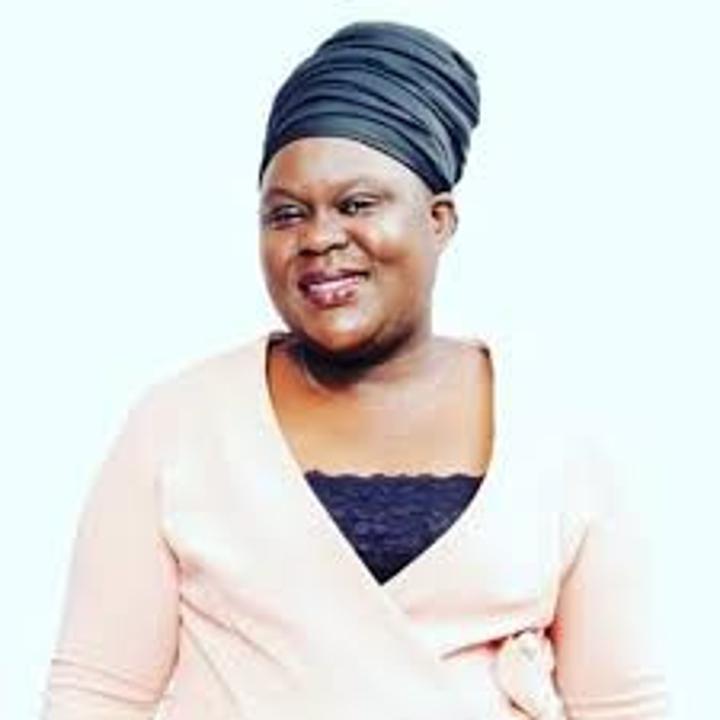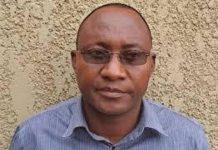By newsday
Africa-Press – Zimbabwe. OVERNMENT has been urged to take a cue from other African countries scrambling to stop the exploitation of young African women and teenagers recruited to Russia’s Alabuga Special Economic Zone (SEZ), a high-security industrial hub linked to Moscow’s drone production and military logistics.
Fresh investigations revealed that the Alabuga’s “student recruitment” initiative — branded Alabuga Start — is part of a sprawling network drawing in young women from South Africa, Uganda, Nigeria and at least half a dozen other African nations.
Many of the recruits were allegedly misled by social media influencers, student groups and diplomatic-linked organisations promising “training and entrepreneurship opportunities”.
Analysts urged the government to tighten the noose against human trafficking masked as educational exchange.
“Exploiting and trafficking young African women into Russia’s Alabuga SEZ, now openly tied to drone production, demands an immediate, whole-of-government response. Zimbabwe must treat this as organised transnational trafficking, not overseas jobs,” LEAD president Linda Masarira said.
“Secondly, activate a rapid repatriation and survivor-support programme (legal aid, counselling, medical care) and guarantee non-prosecution of victims.
“Thirdly, tighten exit controls for minors and students, require licensing and real-time audits of all overseas recruiters and compel social-media platforms to remove deceptive ads.
“Finally, align enforcement with our trafficking in persons law and the Palermo Protocol, and work with African Union/Sadcto to mount a joint task force because this problem is regional in scale. Anything less signals impunity to those profiting from our daughters’ vulnerability.”
Human rights advocate Effie Ncube linked the scale of human trafficking across the world to poverty.
“So it’s not surprising that really we are seeing some people being dragged into the Ukraine-Russian conflict from across the world and in particular from the African continent,”Ncube said.
“It’s something that is very concerning, that should concern every government, every country. It should concern every government on the African continent and beyond.”
He added that it was important also for the government to lead a regional and a continental drive against human trafficking.
“That means mobilising within the Antarctic region and mobilising within the African Union because we are interconnected as a continent,” he said.
“We need other regional communities across the continents to participate in preventing the trafficking in persons and punishing heavily, really, as a deterrent.”
Bulawayo-based gender activist Thando Gwiji echoed similar sentiments.
“Until this (poverty) is fixed, young people will even volunteer to be enslaved and fed rather than be free and hungry,” she said.
“Addressing this means listening to citizens and giving them space to lead their own development initiatives, with adequate financial support.
“Moreover, women’s rights remain severely underfunded, which makes it easier for young women to become prey to trafficking schemes disguised as job opportunities.”
Added Gwiji: “At a time when we are pushing Education 5.0, there is an urgent need to integrate gender-sensitive digital education.
“This also calls for support towards initiatives that promote digital safety for out-of-school youth, especially young women.”
Academic Mehluli Nyathi added: “This is not soft diplomacy — it’s economic coercion.
“African governments are being drawn into military-industrial arrangements under the guise of student training.”
In August this year, Bloomberg revealed that South Africa had launched an official probe into Alabuga SEZ’s recruitment efforts.
Within days, South Africa’s Justice, Crime Prevention and Security Cluster confirmed that investigations were underway.
Social media videos by influencers such as Cyan Boujee and Peachy Sprinkles, who had promoted Alabuga Start, were hastily deleted, followed by public apologies.
A spokesperson from South Africa’s Women, Youth and Persons with Disabilities ministry confirmed that police were investigating payments — reportedly up to US$12 000 per post — made to the influencers.
The Russian embassy in Pretoria, however, denied any knowledge of recruitment operations, saying it had “no information” on Alabuga’s drone programmes. By last month, Uganda had suspended the participation of its citizens in the Alabuga Start programme, citing “safety concerns” after diplomatic staff in Moscow raised alarm.
In Nigeria, the controversy deepened when Premium Times exposed that job advertisements for Alabuga had once appeared on the Education ministry’s official website — a move the ministry now claims was the result of “hacking and generative AI manipulation.”.
A July 2025 report by the Institute for Science and International Security revealed extensive new construction at Alabuga SEZ — including drone assembly lines, training centres and housing complexes for “student workers”.
Source: NewsDay
For More News And Analysis About Zimbabwe Follow Africa-Press






